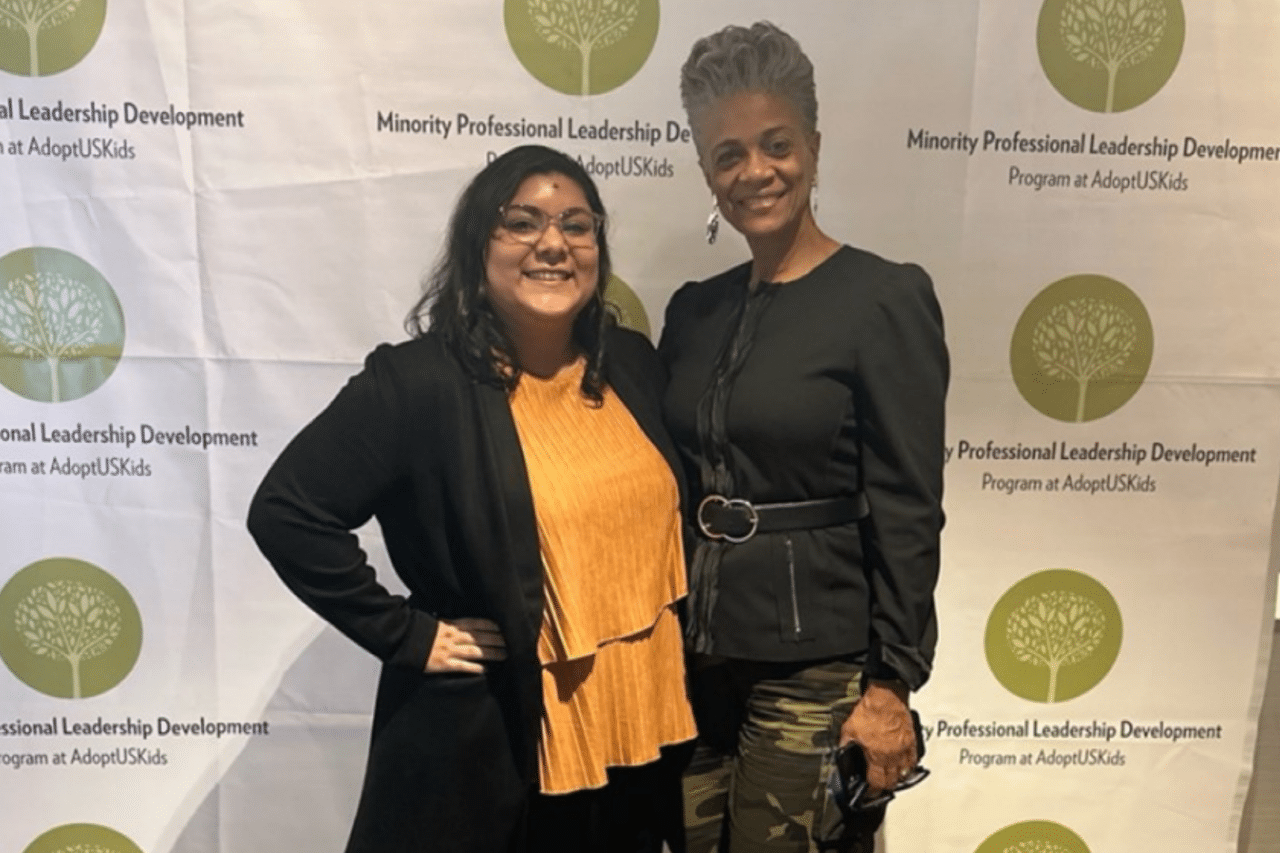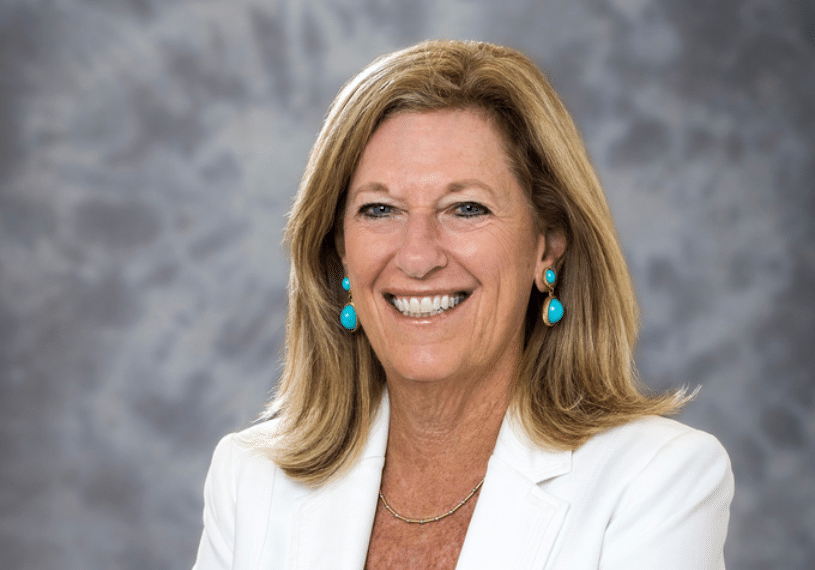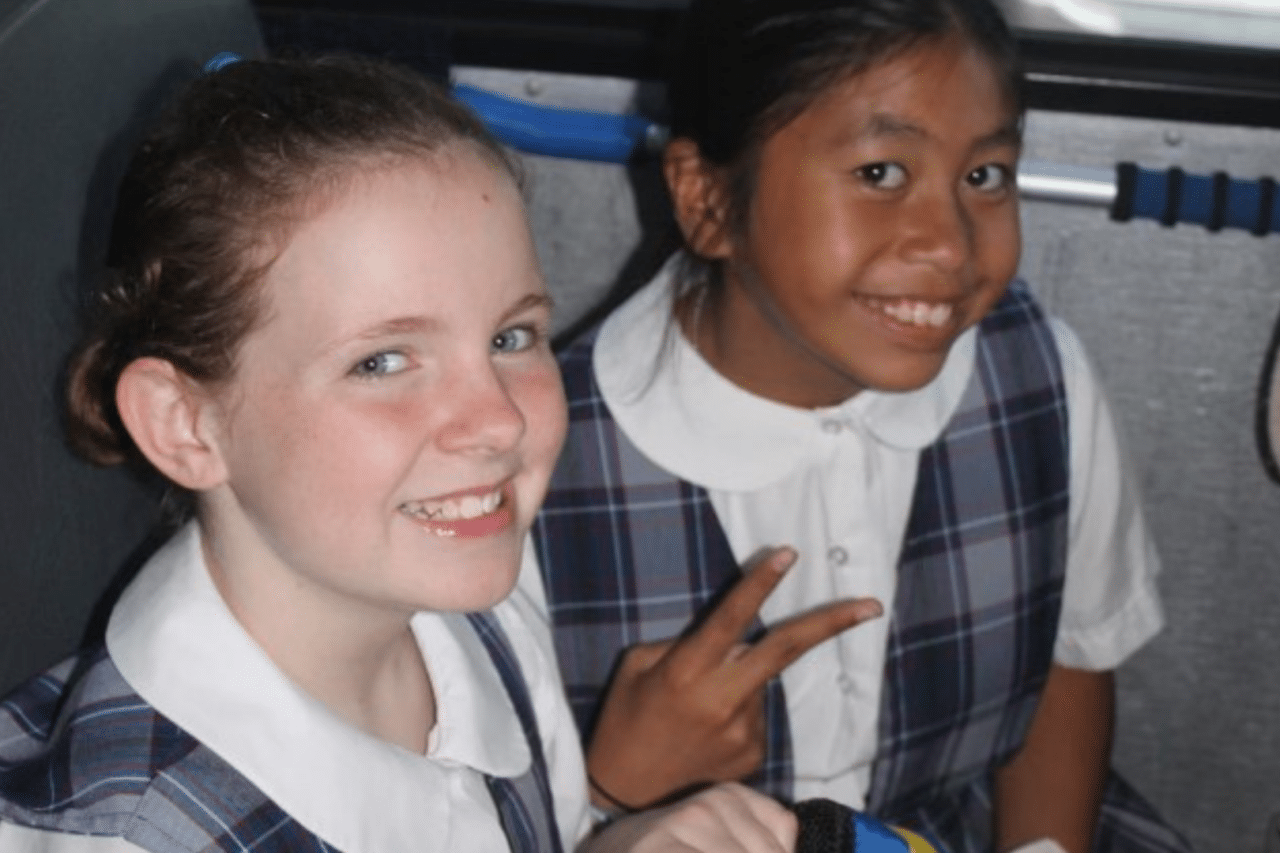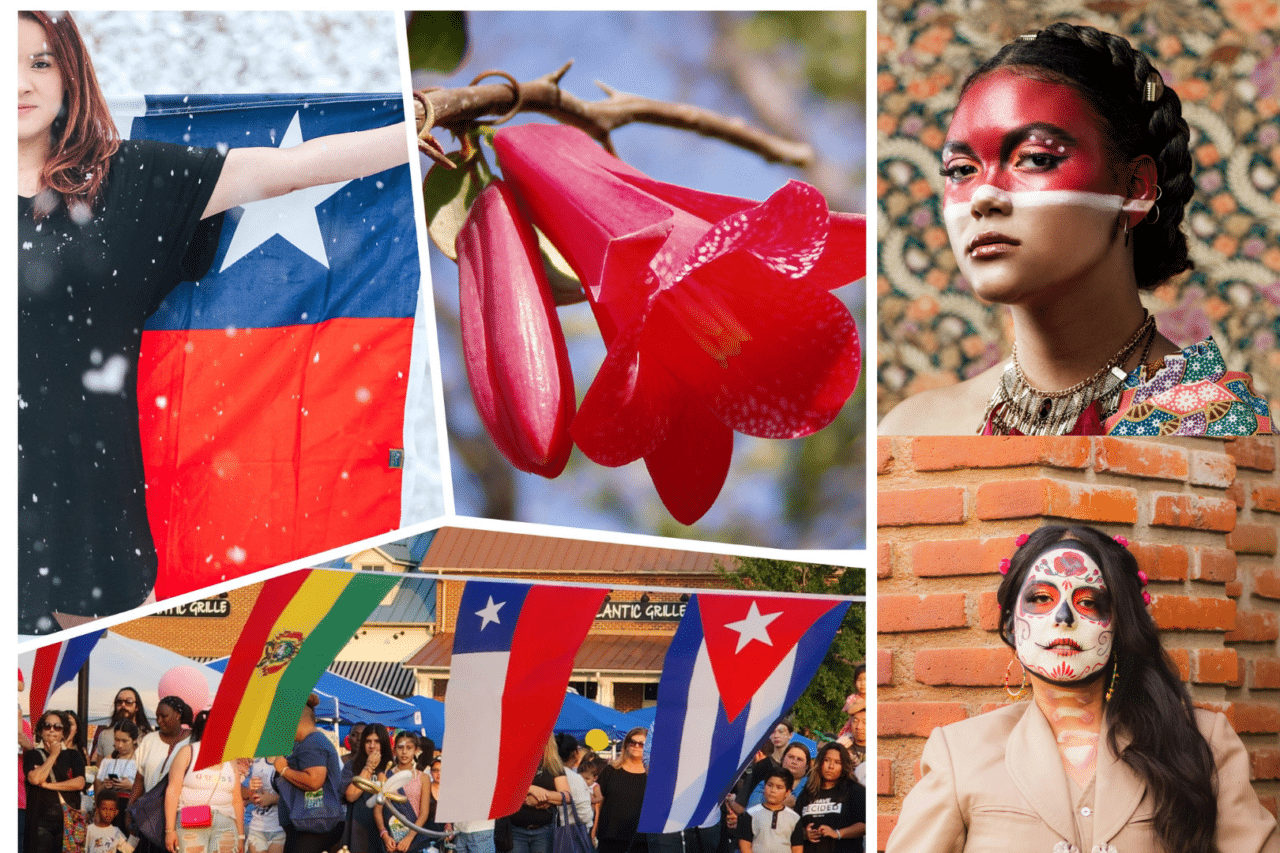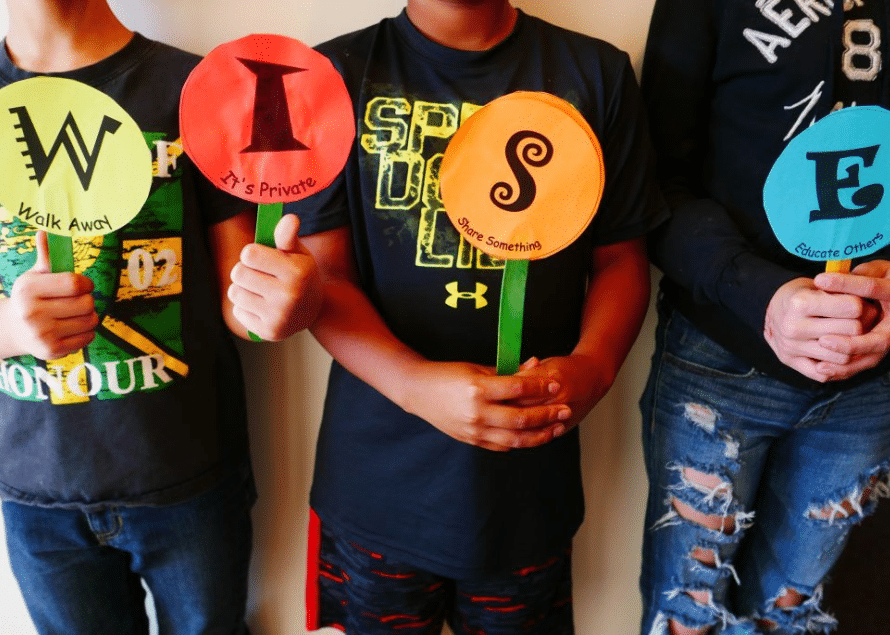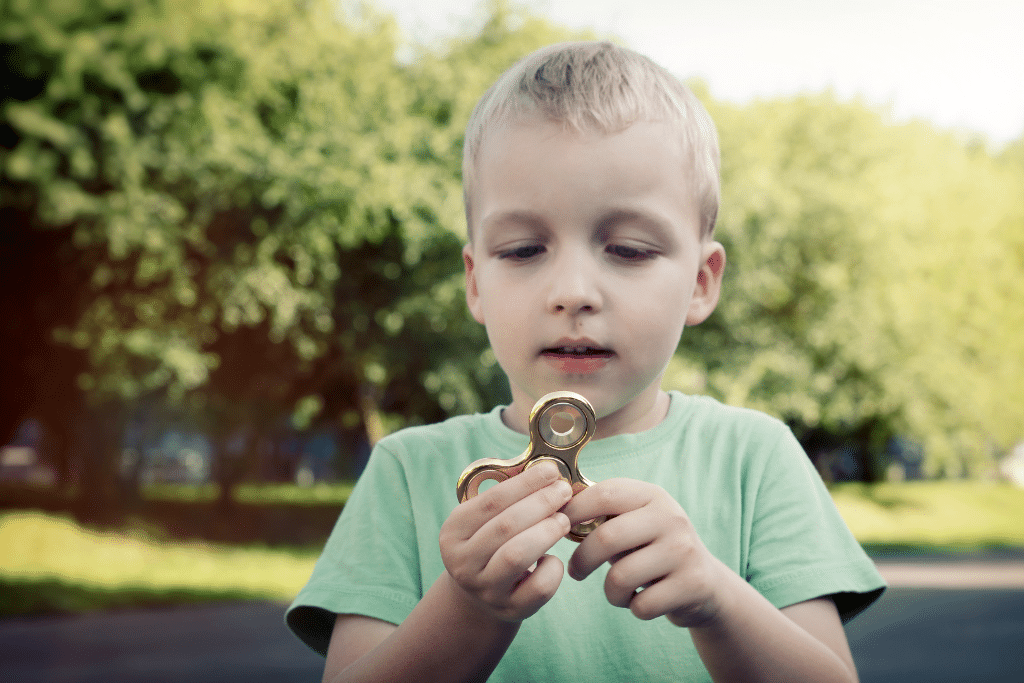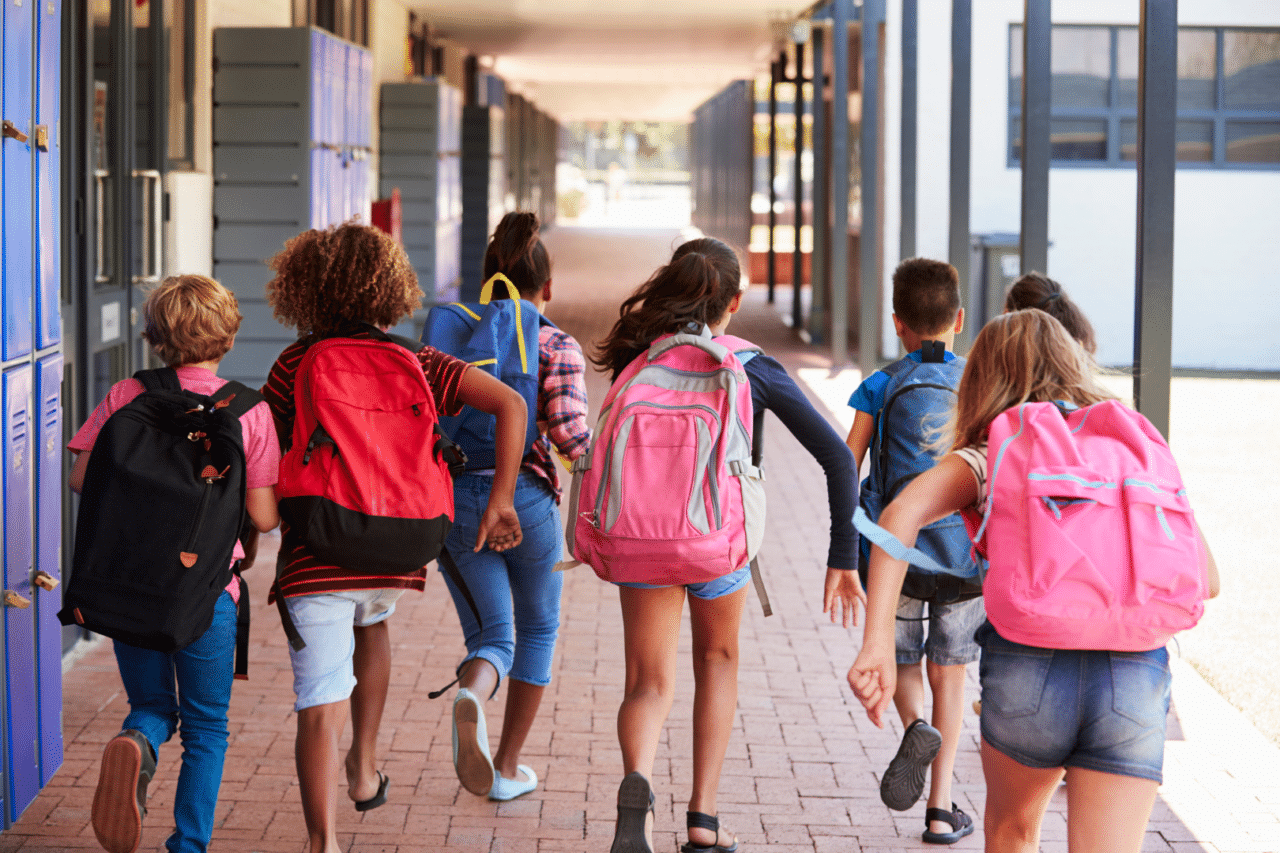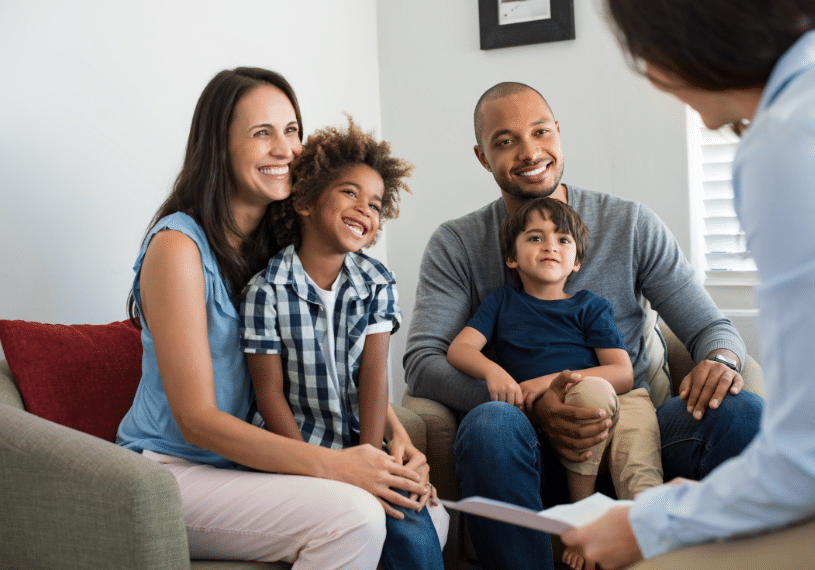Fragile Spirits: The Impact of the Ukrainian Invasion
Fragile Spirits: The Impact of the Ukrainian Invasion
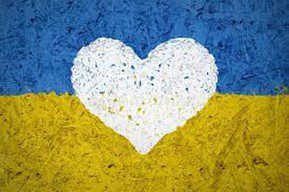
By Debbie Riley, LCMFT
C.A.S.E. CEO
For the past two weeks, I, like most of you, have been struggling to comprehend the images of war inflicted upon the country of Ukraine. Here at C.A.S.E we are also witnessing the impact of this war upon all the children and families we serve, especially those children adopted from the Ukraine and Russia.
Parents are seeking support from their therapists as they are struggling with how to help their children understand this war. Jan, a mom of two sons adopted from Russia, shared with her therapist that her sons are questioning why Russia is hurting so many people, saying things like, ‘I hate where I was born! I hate being Russian!’ This causes Jan to ‘lay awake at night trying to find the words that will make it better for them. I have no words-I feel like I am failing them.’ Jed and April shared that their daughter Natasha, age 10, has been refusing to go to school, worried that something bad will happen to them. Her parents are asking themselves: ‘How can we help her feel safe?’
Parents and children are trying to manage resurfacing feelings of loss triggered by the losses they are witnessing in the media and on social platforms, minute by minute. For many of the children adopted from Ukraine they have been seeking support to heal from the psychological losses of birth family and now they fear the finality of these losses that their biological families may have died, shattering any hopes of reconnecting.
For those adopted from Russia, they fear that their birthfathers, brothers, or uncles will be harmed as soldiers. They are worried about birth family members who are still in Russia and what will the sanctions mean for them. How will they pay for food, housing? Some who are young and still trying to make sense of ‘adoption’ worry they could be sent back to Russia, that they don’t belong here or even allowed to remain in America.
We are also hearing that they worry about the other orphan children: Will they survive? Will they ever get adopted? Will they be able to come to America hearing that all flights are cancelled, and travel stopped between U.S and Russia. Will more children become orphaned when parents are killed by the war?
Teen adoptees are feeling disconnected and connected, all at the same time. During this powerful quest for identity, they are asking:
- Who am I?
- Am I Ukrainian?
- Russian?
- American?
- How do all these identities fit together?
- What should I feel at this time of international crisis?
Some feel suddenly very patriotic or protective of their birth countries without having words or understanding why. Others may retract and disengage, fearing being associated with their national identity if there is a sense of wrongdoing, shame in events occurring in their country of origin. They do not want to be seen as aligned with something that others see as bad. They may worry that they don’t fit anywhere, they are ‘outsiders’ or ‘foreigners.” Who will claim them, who do they want to be claimed by?’
Our children need us to understand how complicated this is, it’s hard to navigate this journey of identity formation under normal circumstances, it’s imperative that we as adults understand how this search becomes compromised and complicated by the current tragic events unfolding day by day in the Ukraine.
We need to be aware that some Russian adoptees may in days ahead be faced with adverse experiences directed to their nationality and culture. They may be subject to slurs and bullying about being Russian and blame them for the war. One boy shared that he worried he would be bullied like Asian peers were during the Covid-19 pandemic: taunted and blamed for the disease. He fears people will say: ‘Russian people start wars; they kill people for no reason.’
You may wonder how much national identity impacts your child’s response to the current war. Connections to one’s birth country/culture are dependent on many variables:
- Length of time living in one’s birth country
- The influence of the adoptive parents’ attitudes to nurturing the child’s bi-cultural identity:
- How much focus went into bi-cultural socialization, learning, embracing understanding of their birth country, its history, values, culture?
- Did the adoptive parents help the child to ‘claim’ their national identity through language, food, rituals, and traditions? All these tactics support the child’s cultural competence for their culture of birth and are critical tasks in transcultural adoption.
- Does the family identify as a multicultural family? Do they support the child’s feelings of cultural belonging?
- Children who have had the opportunity to go back and visit birth country tend to develop stronger emotional connections moving forward
The reality is that this IS a challenging, complicated experience for all children and because of the current conflict it has deeper ramifications for adoptees from Russia and Ukraine. For many the fear of war is slowly overshadowing their daily life, heightening their feelings of anxiety and compromising their sense of safety. We must not lose sight that they are still trying to heal from the ramifications of the Covid-19 Pandemic, systemic racism, and for some, the loss of loved ones due to the pandemic. Our children are overwhelmed and fragile. They are frightened. They need our compassion, presence, and attentiveness. They need us to be willing to talk about how we are feeling and how they are feeling.
I am honored to share with you the feelings from Olga, adopted from Russia at age 12, now 32 and throughout her 21 years in America has sought counsel and support from C.A.S.E.:
As a Russian adoptee, I feel saddened by my birth country’s actions to invade Ukraine. As I reflect on the horrific actions of President Putin, my heart fills with deep sorrow for all people affected by this war. I also know that Russia’s government does not represent its people, nor does it give them a voice or a place of respect. There is an infringement on basic human rights.
We are not defined by our leaders but rather by our compassionate response through peaceful protests, sending humanitarian aid, and equipment. In these acts, we are united in a common purpose-to seek justice, love mercy, and to walk humbly before one another and God.
In a world full of uncertainty and suffering, we can stand together despite all the odds, and embrace one another because we are not limited to borders but united by our love. Being adopted, I have had my own challenges in life, but I also understand that I do not walk this path alone, my fellow friends, my community, and my family have been and always will be my source of support.
My Christian faith has always been my anchor even in the toughest of storms. My older sister reminded me recently of the memory we share of the Ukrainian missionaries that visited the orphanage in Bryansk, Russia. It was a bittersweet moment when we bonded with people who loved us without even knowing anything about us and yet they were there to sit with us, pray for us, and teaching us about community.
I deeply treasure those individuals who supported me and all the children at the orphanage as it was during a time of my deepest need, when my sisters and I lost our birth parents. Today, I continue to reach out to my niece in Russia who lives in Bryansk, Russia out of concern for her safety. While we all face an uncertain future, we can take comfort in the truth that is found in the overwhelming community that surrounds us and the sacred, unshakable love that we carry as humans.
I am thankful for the support of my family, community, and friends during times of need. My prayer continues to be for God to use me to be that support for others as I believe it to be the light in the midst of darkness. C.A.S.E has been just that source of light for me for the last 20+ years as I navigate through the challenges of being adopted.
I encourage those who are feeling angry, confused, lonely, afraid, lost, or in despair to remember their source of light. Look up around you and know that you are not alone, you are loved, a precious and wonderful being, essential to your community. May we all share in the light of hope and comfort that unites us as we serve one another in love.

